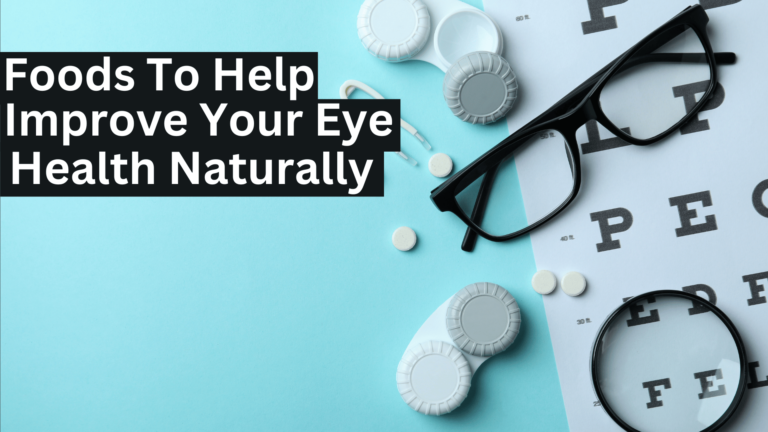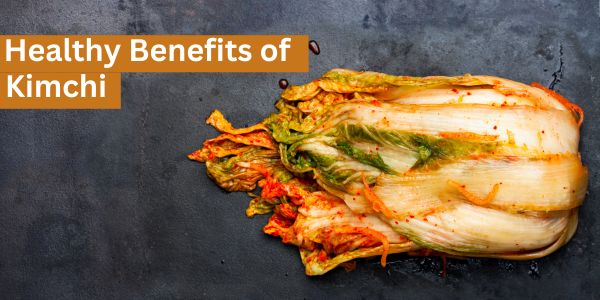Most Common Mistakes You Are Making Regarding Drinking Water
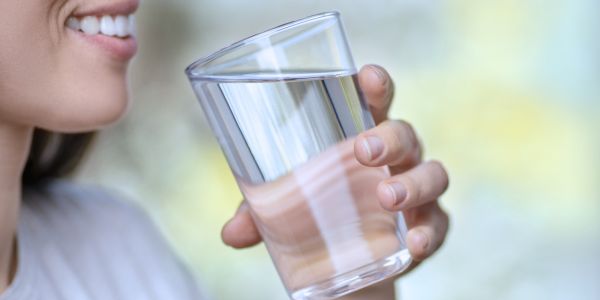
Introduction
Everyone is aware that water is one of the basic needs for mankind’s health and wellness; it is something so fundamental yet easily taken for granted. But believe it or not, even something as simple as drinking water can be done incorrectly. Many of you may have developed certain habits or understandings that could be preventing you from effectively drinking water or could be causing ailments that you could have remedied by simply drinking water. Some of the mistakes you are still making while drinking water will be presented below, and what’s worse is not even correcting them.
1. Substituting Everything With Water
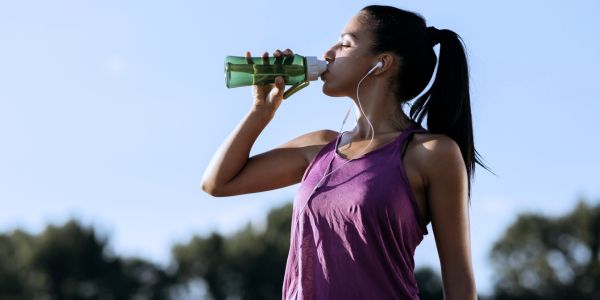
The Draw of Drinkability
It is highly likely that people become careless and start to imagine that every type of liquid consumed will count toward the total water intake for the day. After all, the coffee you drank in the morning consists primarily of water, doesn’t it? And that refreshing fizzy drink with lunch or sports drink after the workout? Yes, even these drinks contribute some water benefits; however, they are not worth replacing H2O with.
Unfortunately, many of these alternatives are sweetened, contain caffeine, or are injected with synthetic compounds, which can actually work against your hydrating objectives. For example, caffeine has mild diuretic properties, which means an increase in its consumption could lead to increased urine production and, thus, a loss of fluid from the body. Sweetened drinks can rapidly increase blood sugar levels. Normal water intake may be omitted, causing even more negative health effects.
The Water Advantage
Regular water, on the other hand, has no calories, is inexpensive, and, most importantly, is what the body craves when there’s a need for adequate hydration. It assists in controlling body temperature, helps in the digestive process, and makes the skin look good. Water is good for you, but if you think plain water is too dull, add a few pieces of fresh fruit or herbs to it, and you will enjoy this drink without the drawbacks of processed drinks.
Of course, other drinks help to increase the volume of fluids in the body but are not recommended as the main drink. Make it a point to prioritize water as your most preferred drink for the better part of your day.
Also Read: 10 Early Warning Signs You Might Get Dementia
2. Drinking Obstinately Large Quantities of Water at the Same Time
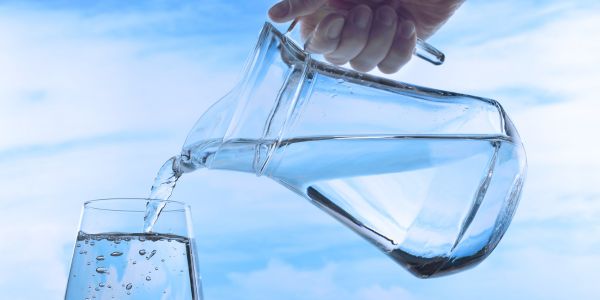
The Myth of ‘More is Better’
You’ve most likely heard of the eight glasses of water each day rule. Though it is quite understandable that people would wish to stay well-hydrated, water could be seen as a thin, liquid, edible food, with its large consumption combined with a big satiety feeling. Some people tend to reach their water requirements by drinking perhaps five glasses of water in the morning or after lunch, once they realize there has been no water intake for the day.
Too Much Water and the Dangers of It
While water is good for one’s health, too much of it can also be risky. One condition, called hyponatremia, occurs when there is a deficiency of sodium in the blood due to water intoxication. Symptoms can range from mild (headaches and nausea) to severe (seizures, coma, and even death in extreme cases). While this condition is uncomfortable for most of us, it primarily occurs in individuals who consume excessive amounts of water in a short span of time, including small-framed endurance athletes during long endurance events.
The Right Approach
It is better to spread out your water consumption during the day rather than trying to drink a lot at once. Focus on drinking small amounts of water throughout the day. This allows the body to absorb and make use of the water, helping to maintain proper fluid and electrolyte levels.
An important tip is to drink when thirsty and observe the color of your urine. If the urine is light yellow, then the chances are that the individual is adequately hydrated. If the urine is deep gold or amber, the individual might need to drink more water.
3. Drinking Only When Thirsty
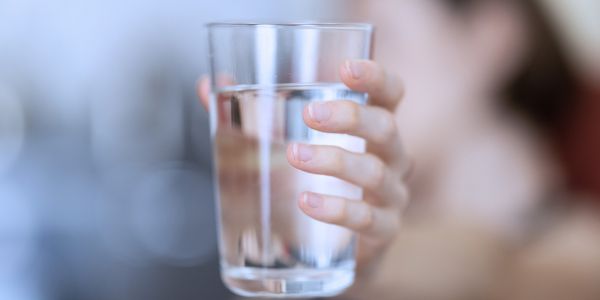
The Thirst Trap
As we go about our lives, quite a few people will drink water based on one simple factor—feeling thirsty. Thirst, of course, is one of the most pressing demand signals from the body, but it is not an ideal strategy to wait until you are thirsty to replace lost fluids.
Why Thirst is Tardy
By the time you experience thirst, you are already in a slight deficit. Thirst—the sensation of wanting to drink—signals dehydration to your body. In the presence of mild thirst, not seeking water for a long time is unwise due to the likelihood of energy depletion and impairments in brain and general body function.
Proactive Hydration
Rather than waiting for the need to drink to arise, aim to constantly hydrate your body throughout each hour. Always keep a water bottle with you and take a few sips, even if your urge to drink is not intense. Additionally, watch for other cues that indicate the need for water, including:
- The sensation of hunger (because thirst can sometimes be confused with a desire for food)
- Lack of energy or feelings of boredom
- Inability to focus
- Headaches
This way, you will remain properly hydrated, thereby improving your overall health.
4. Water in Big Meals

The Digestive Dilemma
It is an experience most people can relate to: you’ve arrived at a restaurant, are seated, and, without wasting time, order a glass of water and drink it quickly. Alternatively, some people have a habit of consuming large amounts of water during a meal. While proper hydration is essential to health, the problem arises when water is ingested in relation to meals.
How Water Affects the Digestive System
Excessive water consumption, either during a meal or just before it, may lead to the dilution of both stomach acid and digestive enzymes. This can limit the ability to properly digest food as well as absorb nutrients. Some people also notice that drinking with meals makes them feel more satiated, and hence they may end up eating less than the body actually requires.
The Proper Way to Drink Water with a Meal
This does not suggest that people should avoid drinking water during meals altogether. A few sips to moisten the throat and wash down food are acceptable. The main thing is moderation. Use the following strategies:
- Have a glass of water about half an hour before the meal to ensure that your stomach is not too empty, which may help with digestion.
- If there is a need to drink while eating, smaller sips are encouraged rather than deep gulps.
- Obtain a glass of water only half an hour after a meal to prevent drinking too much water.
Keep in mind, though, that every person’s body will react differently. Observe how your body behaves and adjust accordingly.
Latest Health Tips:
- 8 TOP Foods To Help Improve Your Eyes Naturally
- 4 Symptoms of Gallbladder Problems You Must Know
- 12 Common Warning Signs Of ADHD You Shouldn’t Ignore
- 11 Super Benefits of Eating Ginseng Every Day
- 10 Heart Healthy Foods After Age 50+ You Must Eat!
5. Cold Water is a Real Problem When Feeling Bloated
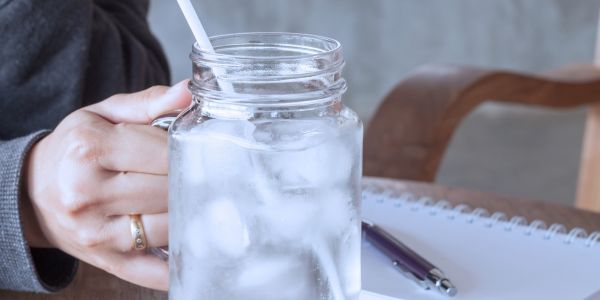
Cool Problem
If you are bloated, the first thing that might tempt you is a glass of ice-cold water. Because it feels nice, you might think it will assist your body in “flushing” everything out. However, this usually does not relieve your discomfort and might actually cause more discomfort.
The Reason for the Bloat
Common causes of abdominal distention include the accumulation of gas in the abdominal cavity and distension of the abdomen. Water that is intensely cold will constrict the blood vessels in your stomach, particularly retarding metabolism, and may also cause stomach hypermotility—a clinical syndrome that may promote fullness and discomfort.
A Warmer Method
Room temperature or warm water is the best alternative if you are feeling bloated. Drinking warm water helps the digestive system function more efficiently as it soothes the abdominal region. You might also:
- Consider a warm cup of herbal tea, such as peppermint or ginger, which has been shown to help with digestion.
- Infuse a lemon slice in a glass of water; the acidity in lemon helps kickstart the process of digestion by releasing digestive juices.
Let it be known that carbonated water should only be consumed in moderation since bubbles may relieve bloating for some. However, if continuous bloating occurs, it is important to consider a pathological digestive condition or another disorder.
6. Not Paying Attention to Water Quality
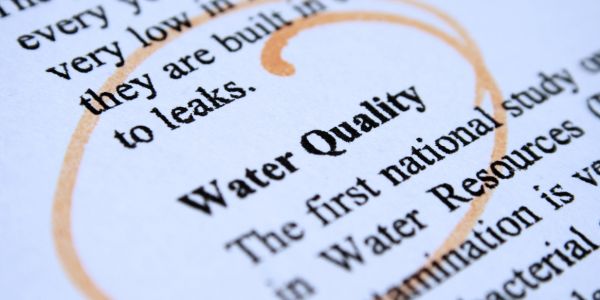
The Clear Deception
The presence of clear water does not guarantee its safety or purity, but this does not mean that it is free of contaminants. It is a common misconception that because all tap water comes from the same municipal supply, it must be universally safe, or that all bottled water is superior.
Sources of Water
Water supplied through a tap depends highly on where you are located and the structural condition of the water supply pipes. There are many places where tap water is safe to drink, but there are others where it may contain contaminants such as lead, chlorinated pesticides, or micro-particles of plastic.
Bottled water is also not the answer for most problems. In many countries, bottled water is less regulated than tap water, and it often contains more dangerous toxins due to the low-quality plastic used in the bottles, especially when exposed to heat.
Making Sure Your Water Is Safe to Drink, Especially On the Go
If you want to be sure that the water you are drinking is clean and safe for your health, you can:
- Check your municipal water system’s annual water quality reports, which can be found online or ordered through your water supplier.
- Use a water filter if you doubt the safety of your tap water. Filters can range from simple pitcher filters to large-scale options such as under-sink filtration systems or even reverse osmosis systems.
- If using bottled water, keep it out of heat and sunlight. Consider switching to a reusable bottle filled with filtered tap water to avoid plastic pollution.
- Test your water source if you use a private well or if you notice any issues with your water quality.
Always remember that both the quantity and quality of water consumed by the body are essential, as they directly impact your overall health.
7. Consuming Very Cold Water After a Workout
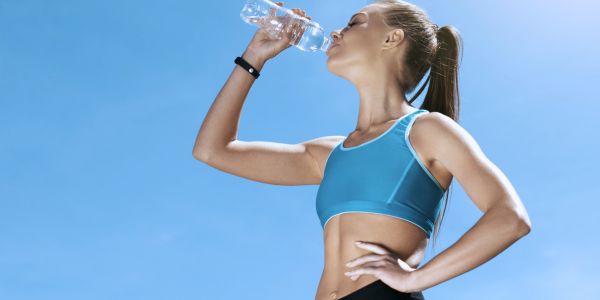
The Post-Workout Weakness
After any workout, especially an intense one, the thirst pangs that follow make extremely cold water the most sought-after option. It feels refreshing because, at that point, your body is mostly hot, and cold water provides a cooling sensation. Unfortunately, however, this tendency is probably not the best for your health.
The Body’s Cooling Down Process
As you engage in physical activity, your internal body temperature tends to increase. To rectify this, heat needs to be released gradually. However, consuming cold water immediately after exercise might shock your system and inhibit this natural cooling mechanism.
Also Read: 9 Natural Ways to Get Rid of Varicose Veins and Increase Blood Flow
Temperature Issues
Using ice-cold water can constrict blood vessels, slowing down the replenishment of lost fluids. It can also result in stomach aches for some people, leading to nausea.
The Right Way to Rehydrate
When that chilled, icy water calls to you after working out, resist the urge:
- Rehydrate with tepid water instead. It reduces tension and is absorbed more quickly, rather than sitting heavily in your stomach.
- For recovery, consider a sports drink to replace lost electrolytes, especially after a vigorous workout that caused a lot of sweating.
- Drink your water in sips rather than gulping down the entire quantity at once. This allows your body enough time to process the water efficiently.
It is essential to remember that the goal of post-exercise hydration is not only to satisfy thirst but also to replenish the body’s lost fluids. In most cases, the best option is to drink room-temperature water.
8. Forgetting the Importance of Drinking Fluids When Exercise

The Sweaty Bypass
When working out, some people forget to drink water, which is a common problem. Some wait until they feel thirsty during exercise to gulp down water, which should not be the case. This increases the chances of dehydration, which not only affects performance but is also very harmful to your health.
Why You Should Never Skip Drinking Fluids While Exercising
Anytime you engage in physical activities like exercising, water loss occurs through sweating and faster breathing. This water loss can lead to:
- Reduced effectiveness of physical and mental activities
- Elevated heart rates and body temperatures
- Confusion and forgetfulness
- Higher chances of heat-related health disorders
How to Ensure You Are Adequately Hydrated
To achieve optimal hydration levels during periods of physical activity:
- Start hydrating well before the workout begins. Drink about 16 ounces of water 2 hours prior to the start of your activity.
- During exertion, consume approximately 4-6 ounces of fluid every 15-20 minutes.
- More prolonged or strenuous workouts may require sports drinks to replenish lost electrolytes.
- Monitor the color of your urine; if it’s dark yellow, it’s a sign that you need to increase your fluid intake.
Keep in mind that hydration needs vary from person to person based on factors like climate, workout intensity, and individual sweat rates. Pay attention to your body and adjust accordingly.
9. Drinking Water Before Bedtime

The Nighttime Dilemma
In most cases, we are advised to drink a glass of water before bedtime to maintain enough fluid in the body throughout the night. Although hydration is key, this advice does not apply to everyone’s situation, as it can actually interfere with sleep.
The Pros and Cons
Drinking a reasonable amount of water before sleep can prevent the body from becoming dehydrated during the night, especially if you are in a warm room or tend to snore. On the contrary, preparations for sleep may cause:
- Increased trips to the bathroom, whether intentional or unintentional, which can disrupt sleep.
- Interrupted sleep, as the urge to urinate may wake you up multiple times during the night.
- Restless sleep, with the possibility of discomfort or even nausea in some individuals.
Finding the Right Balance
To avoid the effects of dehydration without interrupting your sleep:
- Drink water steadily throughout the day instead of rushing to drink as much as you can at night. It’s okay to drink water before bed, but it should be sipped in moderation. Taking small sips while winding down before bed is advisable.
- Have your last large cup of water 1-2 hours before your bedtime routine begins. This allows your body to process the water before you sleep. Keep a water bottle nearby in case you wake up thirsty during the night.
Maintaining an adequate standard of general health also involves getting enough sleep. If drinking water before bed threatens your sleep quality, consider adjusting your hydration routine.
Tips to Increase Your Daily Water Intake
Now that we’ve discussed the reasons, let’s look at some ways to improve your hydration habits:
- Take a refillable water bottle with you on the go.
- Set alarms on your device to remind you to drink water throughout the day.
- Eat water-rich fruits like cantaloupe, watermelon, and zucchini.
- If plain water is boring, try flavored water by adding fruits or herbs.
- Use the color of your urine as an indicator to determine if you’ve had enough water.
- Drink more water when it’s hot, after physical activities, or when you’re feeling unwell.
Stay focused on your health and remember that hydration plays a crucial role in overall well-being. It’s easy to develop good hydration habits and take responsibility for your hydration and self-care if you avoid common mistakes.
Conclusion
H2O is essential for nourishing the body and is the foundation of good health, nutrition, and wellness. However, as we have seen, hydration is not as simple as just drinking water whenever you feel like it. Avoiding common blunders, such as forgetting about water and substituting it with juices, soft drinks, and coffee, is crucial. There are many effective ways to ensure you drink enough water and understand what kind of water to consume.
A good example of proper hydration is when water intake is never forced but is instead based on the body’s needs. Of course, consuming the correct amount of water is critical for overall health, but people often forget that simply avoiding water is not the only means of staying hydrated.
As with any health-related matter, individual requirements will differ. Listen to your body—if you’re concerned about your water intake or have developed strange habits, consult a healthcare professional.
Stay hydrated, stay healthy, and always remember—nourishing your body’s most precious resource through water should be done thoughtfully.

